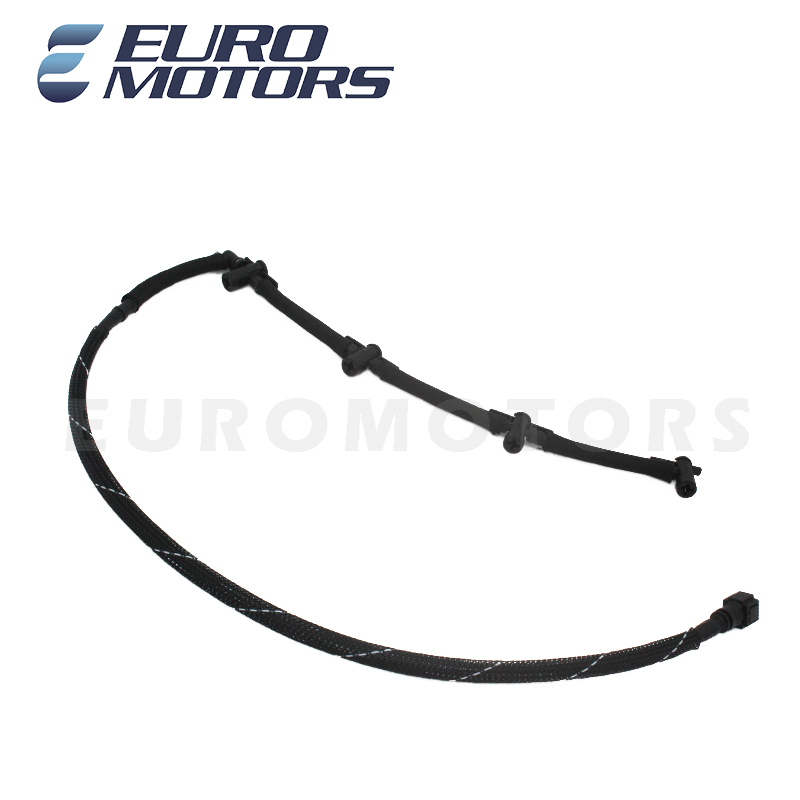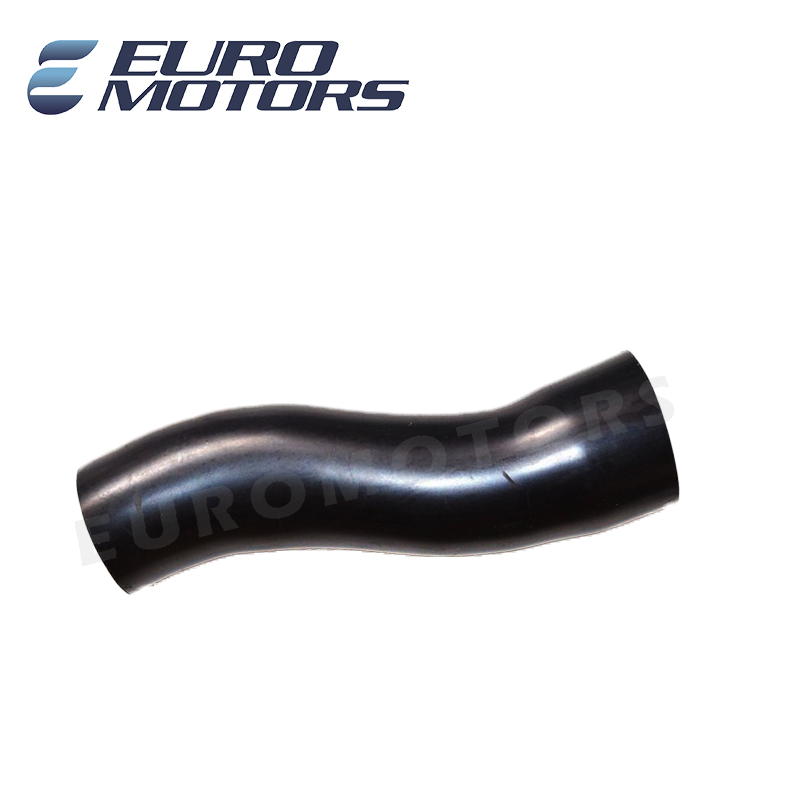Product Categories
How can we help you
You can contact us any way that is convenient for you. We are available 24/7 via email or telephone.
Contact Us
Fuel pipes play a critical role in the efficient and safe transport of fuel from the storage tank to the engine of an automobile, industrial machinery, or any other appliance that relies on an internal combustion engine. These pipes form a crucial component of the fuel delivery system, ensuring that fuel is delivered with precision and without any leaks or contamination.
1. Rubber Fuel Pipes
Rubber fuel pipes are one of the most common types of fuel pipes utilized in automotive and industrial applications. They are often made from synthetic rubber compounds that exhibit excellent resistance to fuels and oils. These pipes are known for their flexibility, which makes them easy to maneuver and install in tight spaces. Additionally, the elasticity of rubber fuel pipes reduces the risk of cracking or leaking under pressure or during engine vibrations. However, they can degrade over time due to exposure to heat, chemicals, and ultraviolet (UV) radiation, leading to potential leaks and a decrease in their overall performance.
2. Nylon Fuel Pipes
Nylon fuel pipes are widely used in automotive systems due to their excellent resistance to most chemicals, including fuel, oil, and hydraulic fluids. These pipes are lightweight, durable, and highly flexible, making them suitable for various applications. Nylon fuel pipes can withstand high operating pressures and are less prone to kinking or collapsing compared to rubber hoses. Moreover, they have a long service life and exhibit low permeability, preventing the escape of fuel vapors. However, nylon fuel pipes may be susceptible to degradation from prolonged exposure to UV radiation, limiting their use in outdoor applications.
3. Stainless Steel Fuel Pipes
Stainless steel fuel pipes are known for their exceptional durability and resistance to corrosion. They are commonly used in high-performance automotive and marine applications, where the demands are more rigorous. These pipes are constructed using thin-walled tubes made from stainless steel alloys that possess high strength and resistance to chemical attack. Stainless steel fuel pipes are capable of withstanding extreme temperatures, pressures, and harsh environmental conditions. Additionally, they offer superior protection against physical damage, such as abrasion and impact, making them suitable for off-road and heavy-duty applications.
4. Composite Fuel Pipes
Composite fuel pipes combine the advantages of different materials to create a versatile and robust fuel delivery solution. These pipes often consist of layers of polymer resins and reinforcing fibers, such as fiberglass or carbon fiber. The composite construction provides excellent resistance to corrosion, impact, and temperature extremes, while also reducing weight and increasing flexibility. Composite fuel pipes offer enhanced dimensional stability and are less susceptible to expansion or contraction under varying operating conditions. They are commonly used in aerospace, racing, and high-performance automotive applications, where weight reduction and improved performance are crucial.
5. Fluoropolymer Fuel Pipes
Fluoropolymer fuel pipes, such as those made from polytetrafluoroethylene (PTFE), are known for their exceptional chemical resistance and high-temperature tolerance. These pipes can withstand exposure to a wide range of corrosive fluids, including various fuels, solvents, and acids. Fluoropolymer fuel pipes exhibit excellent nonstick properties, preventing the buildup of deposits and allowing for smooth fuel flow. They are also highly flexible and have a low coefficient of friction, reducing the risk of pressure loss and improving overall fuel efficiency. However, fluoropolymer fuel pipes can be relatively expensive and may have limited availability compared to other types.
6. Copper Fuel Pipes
Copper fuel pipes were commonly used in older automotive systems but are still utilized in some applications today. Copper pipes offer excellent thermal conductivity, making them ideal for conducting heat away from the engine fuel system. They are highly resistant to heat and provide good resistance to corrosion. However, copper fuel pipes can be challenging to install due to their rigidity and lack of flexibility. They are also more susceptible to physical damage, such as bending or cracking, compared to other materials. Proper insulation and protection from vibrations and mechanical stresses are required when using copper fuel pipes.
7. Aluminum Fuel Pipes
Aluminum fuel pipes have gained popularity in recent years due to their light weight, corrosion resistance, and ease of installation. Aluminum pipes are often used in modern automotive systems to improve fuel efficiency and reduce vehicle weight. They exhibit excellent heat dissipation properties and are not prone to rusting or corroding when exposed to moisture or fuel. Aluminum fuel pipes can be manufactured with various wall thicknesses and diameters to accommodate different flow rates and pressure requirements. However, proper measures should be taken to prevent galvanic corrosion when aluminum pipes come into contact with dissimilar metals.
Conclusion
Fuel pipes are vital components of the fuel delivery system, ensuring the efficient and safe transport of fuel to engines and appliances. By understanding the different types of fuel pipes available, their characteristics, and their suitability for various applications, one can make informed decisions when selecting the right fuel pipes. Whether it's a rubber hose for everyday automotive use, a stainless steel pipe for high-performance applications, or a composite pipe for aerospace needs, choosing the appropriate fuel pipe can enhance operational efficiency, promote fuel economy, and ensure a reliable and durable fuel delivery system.



 NO.700, Qihang Nanlu, Ningbo City, Zhejiang Province
NO.700, Qihang Nanlu, Ningbo City, Zhejiang Province Tel: +86 147 5565 0118
Tel: +86 147 5565 0118 Email: steve@euromotors.com.cn
Email: steve@euromotors.com.cn
 IPv6 network supported
IPv6 network supported 

